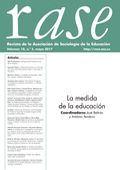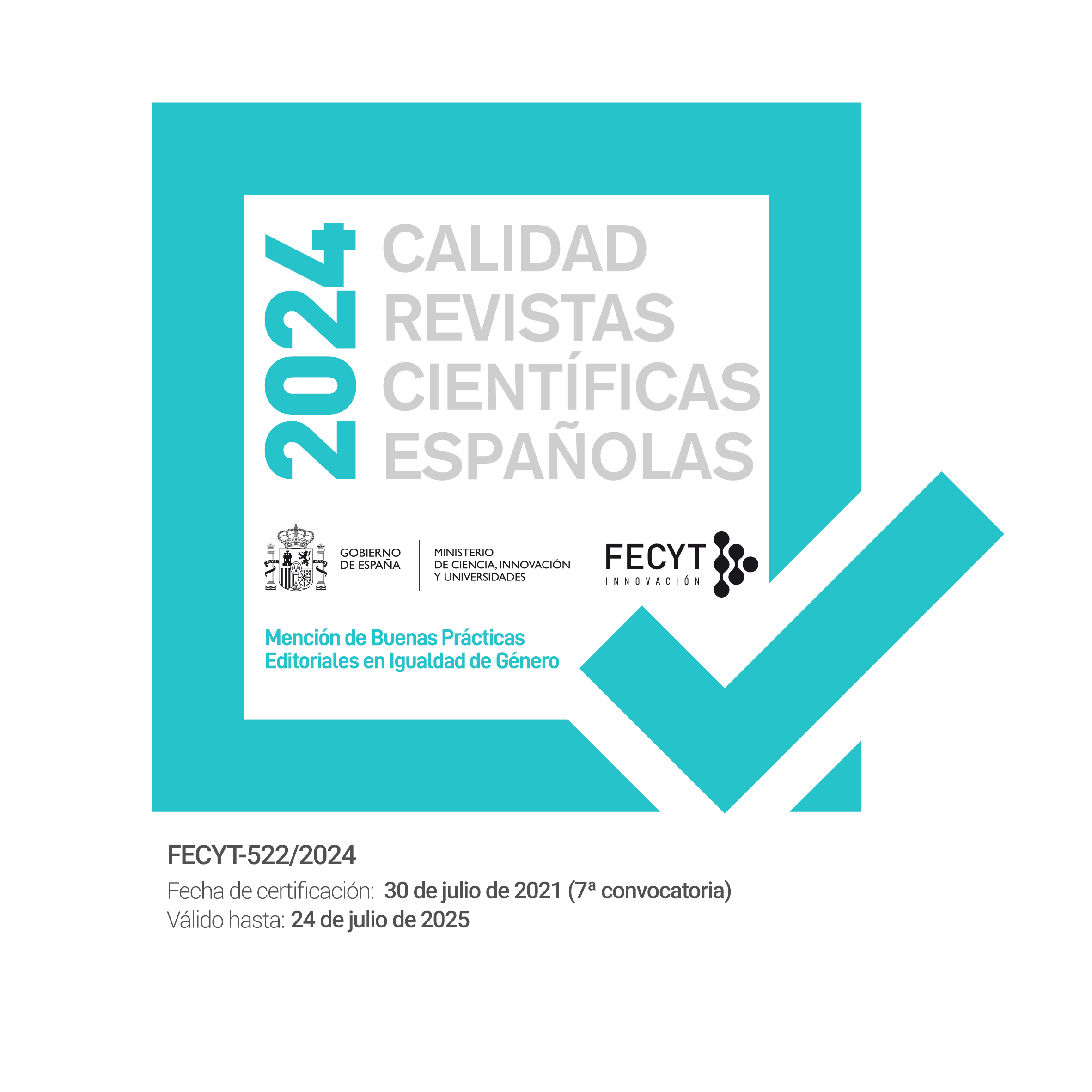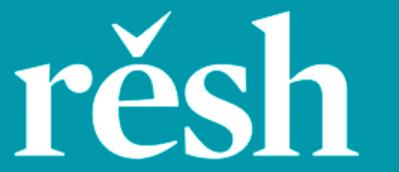Measuring, monitoring, and managing for productive learning? Australian insights into the enumeration of education
DOI:
https://doi.org/10.7203/RASE.10.2.10050Palabras clave:
quantification of learning, testing, standardized testing, standardized learning, teacher learning, teacher professional development Resumen
Resumen
This article reflects upon how teacher learning is currently construed under conditions of increased measurement of student learning outcomes, and the effects of advocacy for such enumeration processes. It draws upon a broad range of literature on the practice of education, measuring learning, and its effects on teachers’ learning. To help ground the analysis, the paper analyses the meeting transcripts of an ongoing, long-term teacher learning initiative in a school in northern Queensland, Australia, and how processes of measurement influenced such learning. These reflections reveal teachers’ practices as deeply influenced by the ways in which schooling is construed under conditions of increased pressure to enumerate learning, even as this is contested. Processes of ‘measuring learning’ are revealed as enabling practices of ‘monitoring learning’ through students’ data profiles, and ultimately, of ‘managing learning’, particularly of lower performing students. The article cautions that while these resultant practices of ‘managing’ learning may be productive of teacher learning for substantive student learning, the extent to which this is the case under conditions of more fine-grained processes of measuring and monitoring of student learning is a contested point, and requiring much more careful analysis than currently attends support for the enumeration of education more broadly.
 Descargas
Descargas
Descargas
Publicado
Cómo citar
-
Resumen406
-
PDF325
Número
Sección
Licencia
![]()
Esta obra está bajo una licencia internacional Creative Commons Reconocimiento-NoComercial-CompartirIgual 4.0 Internacional.
Aquellos autores/as que tengan publicaciones con esta revista, aceptan los términos siguientes:
- Los autores/as conservarán sus derechos de autor y garantizarán a la revista el derecho de primera publicación de su obra, el cuál estará simultáneamente sujeto a la Licencia de reconocimiento de Creative Commons que permite a terceros compartir la obra siempre que se indique su autor y su primera publicación esta revista.
- Los autores/as podrán adoptar otros acuerdos de licencia no exclusiva de distribución de la versión de la obra publicada (p. ej.: depositarla en un archivo telemático institucional o publicarla en un volumen monográfico) siempre que se indique la publicación inicial en esta revista.
- Se permite y recomienda a los autores/as difundir su obra a través de Internet (p. ej.: en archivos telemáticos institucionales o en su página web) antes y durante el proceso de envío, lo cual puede producir intercambios interesantes y aumentar las citas de la obra publicada.













